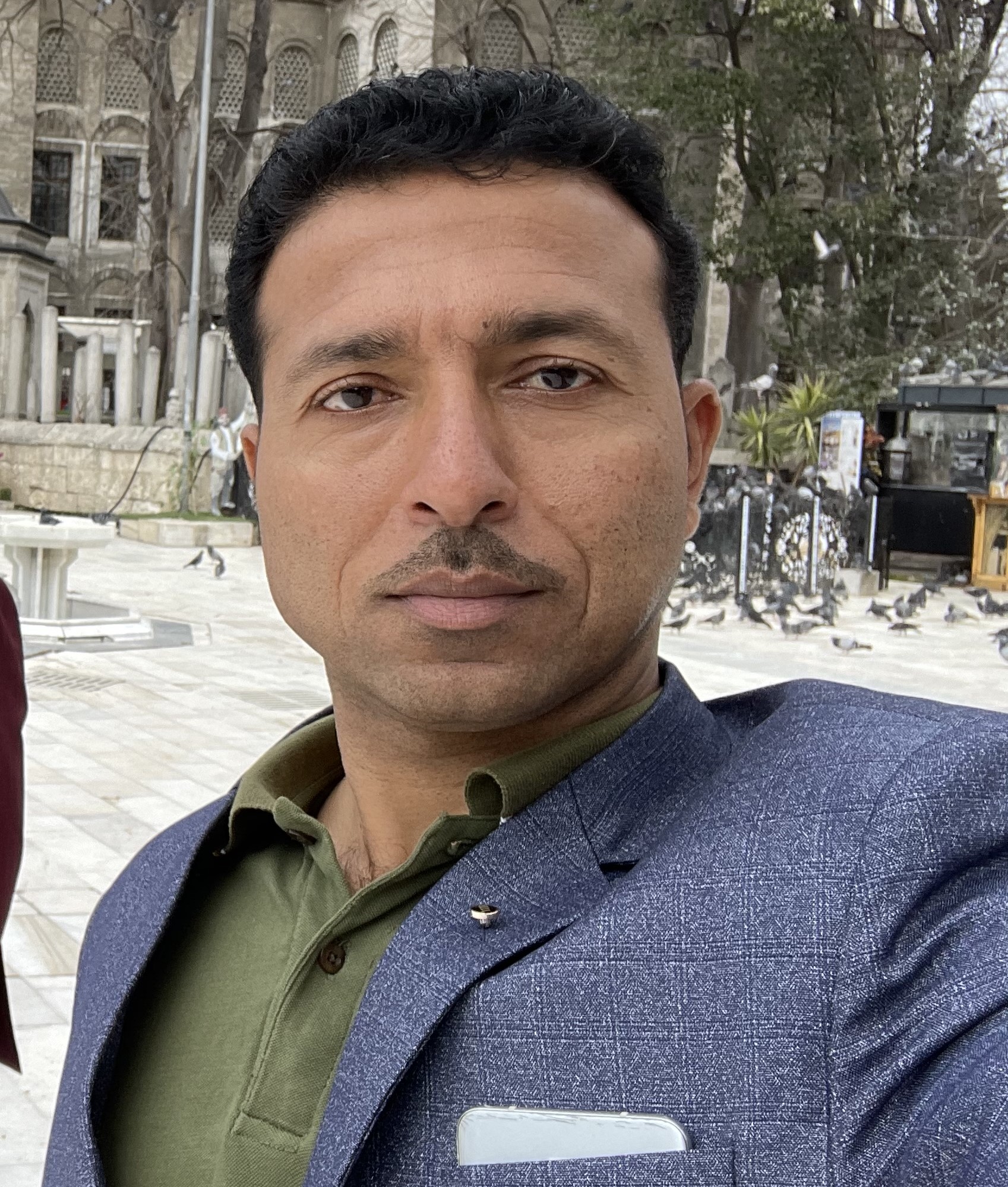Successful decision-making ability is crucial in today’s fast-paced world. We have to make many decisions every day, from small, unimportant ones to significant ones that might change our lives. Some of these choices are small, such as what to wear or eat, while others are more important, such as choosing a career, a location for investment, a spouse, or whether to purchase a house. To succeed in both your personal and professional life, you must make informed and logical decisions. We all want to make the best decision we can, regardless of the question. Our personal and professional lives can be significantly impacted by our capacity to make wise judgments. Making decisions, meanwhile, is not always straightforward, and many people need help selecting the best options. It can be difficult, and it is possible to become overwhelmed and make a poor decision. The purpose of this essay is to go over some practical methods for developing good decision-making abilities.
It is crucial to comprehend what decision-making is and how it functions before talking about the techniques to improve this skill. Selecting a path of action from a range of alternatives is the cognitive process of decision-making and to make wise decisions, one must be able to critically analyze situations and think through potential outcomes. The decision-making process consists of several steps most importantly recognizing the issue, obtaining data, developing solutions, assessing solutions, choosing the best solution, and putting the solution into action.
Different elements, including emotions, cognitive biases, and outside pressures, might have an impact on the decision-making process. Therefore, it is crucial to approach decision-making methodically and employ techniques that can aid in overcoming these biases and producing better conclusions.
Making decisions can be significantly impacted by the transient character of life. We must prioritize what is essential in our lives because we have limited time to make decisions. When we are aware of how short life is, we may be more willing to take chances and follow our passions rather than opting for a safe but meaningless path. However, the fleeting nature of life can also instill a sense of haste and pressure to act fast and “correctly,” without critical thought or analysis. It is crucial to create a balance between making decisions quickly and giving things some serious thought.
In addition, understanding how fleeting life is often helps us appreciate the here and now and concentrate on what really counts. We may give priority to spending time with loved ones, pursuing important employment, and partaking in activities that make us happy and fulfilled when we are aware that life is short.
Why is Good Decision-Making Important?
Making wise decisions is crucial for several reasons. It facilitates:
Reach Our Objectives
Choosing wisely can assist us in achieving our personal and professional objectives. Making wise decisions can assist us in achieving our goals, whether we are selecting a career route, financing a venture, or making a significant purchase.
Avoid Making Costly Errors
Making bad decisions can result in costly mistakes in both our personal and professional lives. The incorrect decision can lead to monetary losses, missed opportunities, and strained relationships.
Enhance Our Quality Of Life
Making wise decisions can raise our standards of living. It can assist us in leading healthier lives, fostering better interpersonal connections, and raising our general happiness and well-being.
Decision-Making Skills
Determine The Issue
Making a wise choice begins with recognizing the issue. You must identify an issue to address it. The issue may be simple in some cases and difficult in others. Being clear about your goals and the roadblocks in your path is necessary for identifying the issue.
Establish A Goal
Having determined the issue, it is critical to establish your objective. What do you hope to accomplish? Having a clear objective in mind keeps you on track and helps you concentrate on the things that matter. The way we live our lives has a big impact on how we define our goals. It assists us in setting priorities for our goals and choosing which ones are most crucial to us. For instance, if our outlook on life places a high priority on relationships and family, we could put family time ahead of other objectives like financial security or professional achievement.
Trust Your Gut
One effective method for making decisions is intuition. It is possible to understand something intuitively without using conscious thought. To make better decisions, it is crucial to combine rational thought with intuition. Understandings that might not be immediately obvious through rational thought can be obtained through intuition.
Collecting Data
The gathering of information is one of the most important steps in making an informed decision. It is critical to comprehend the issue you are attempting to fix and your possibilities before making a choice. Obtain as much precise and pertinent information as you can on the choice you must make. This calls for investigation and thorough analysis of all relevant data. Reading books or articles, speaking with experts, or seeking advice from people who have made similar decisions are all examples of ways to get knowledge.
Take Into Account All Possibilities
Consider all of your options after gathering information and defining your aim. No matter how outlandish they may appear, come up with all potential solutions to the issue. Do not restrict yourself to simple options. Think about all your options, carefully weigh them, analyze the probable outcomes of each, and weigh the advantages and disadvantages of each decision. Consider your earlier choices and assess how they turned out. Think about what went well and what didn’t, and utilize this knowledge to guide your future choices.
Analyze The Benefits And Drawbacks
It is critical to weigh the benefits and drawbacks of each option after you have listed all of your possibilities. This entails comparing the benefits and drawbacks of each choice to your objective. When choosing, keep the worst-case situation in mind. This can enable you to assess the dangers and repercussions of each option and make a wiser decision. You can decide with greater knowledge if you use a decision-making framework. The rational decision-making model, the BCG matrix, and the SWOT analysis are just a few of the decision-making frameworks available. Choose the framework that best fits your decision-making style and the situation you are facing. If you don’t want to use any tool and want to make it simple, just grab a piece of paper and a pen. Make two columns on the paper for each of your potential decisions and write the pros and cons in opposite columns. It is a great simple exercise that makes the situation clearer to you. Your values and beliefs can influence your decision-making. Consider whether each option aligns with your values and whether your decision is consistent with your personal and professional goals.
Seek Guidance
Making a smart decision can be aided by consulting with others. This can give you a different viewpoint and aid in the discovery of any potential blind spots or biases. Speak with those who have expertise in the field where you are trying to decide. Obtain their feedback and carefully evaluate their suggestions. However, be careful not to place too much weight on other people’s judgments because, in the end, the choice is yours.
Take A Break
Take a break sometimes if you want to make a wise choice. Analysis paralysis, a state of being so overwhelmed by the possibilities that you are unable to make a choice, can result from overanalyzing a decision. Take a step back and give yourself a break if you are feeling pressured or overburdened. This could be taking a stroll, napping, or engaging in an enjoyable activity. Delaying the decision-making process and taking a break, if your circumstances permit, can help you clear your mind and approach the issue from a different angle. Emotions can impair our judgment and cause us to make bad decisions. When making decisions, control your emotions and take into account how they may affect your choices. If you want to take better control of your emotions, we have a wonderful guide for that too.
Make A Decision
It is time to choose a course of action after weighing all of your possibilities. Make sure your choice fits your purpose and that you are at ease with it. Do not get too caught up in attempting to make the ideal selection because, as you know, there is no such thing. Sometimes, the choice that is most in line with your beliefs and objectives is the best one.
Review Your Choices
It is crucial to assess your choice after you have made it. Did it support your objectives? Did it fix the issue? What else could you have done? You can learn from your errors and enhance your decision-making abilities in the future by evaluating your choice.
Learn From Your Mistakes
Finally, it is crucial to absorb lessons from your errors. Nobody ever makes the ideal choices. We can develop our ability to make decisions and stop repeating the same mistakes by learning from our mistakes. We can become more robust and flexible in the face of difficulties by learning from our mistakes. The knowledge gained through mistakes might help us make wiser choices in the future and accomplish our objectives more successfully.
Wrap Up
In conclusion, making decisions is a crucial ability that may be enhanced by utilizing a variety of techniques. It is crucial to acquire information, recognize the issue, come up with solutions, assess solutions, use tools for decision-making, get feedback, use intuition, stay away from cognitive biases, take a break, and learn from previous decisions. Making better decisions with the use of these techniques can lead to success in both the personal and professional spheres. We may enhance our lives and the lives of people around us by honing our decision-making abilities.

About the Author:
Shahid Essa is a blogger and M. Phil Scholar at Iqra University Karachi


